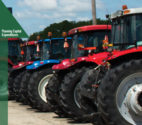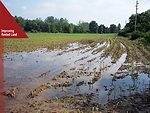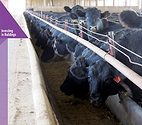Advertise Follow Us
Farm Equipment

View Archived Issues
September 2015 Sourcebook
Volume: 53
Edition: 7
SPECIAL REPORT:
Do You Understand Your Customers' Challenges?
-
Table of Contents
Table of Contents
-
Featured Articles
Featured Articles
-
Online Extras
Online Extras














